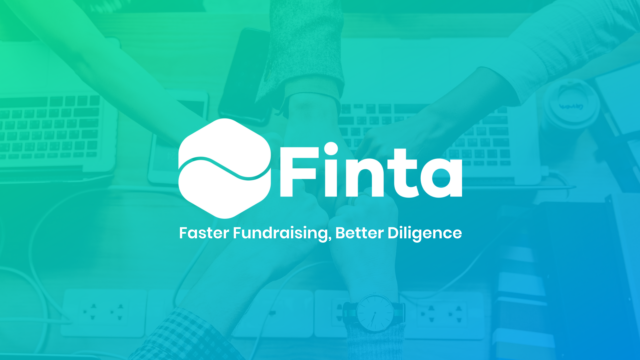2023 has been a challenging year for fundraising. Global venture funding in the third quarter of 2023 reached $73 billion — down 15% from the $86 billion invested in Q3 of last year, according to Crunchbase.
In fact, this was the second-lowest quarter since funding started to slide last year. The startup world is now five to six quarters into the current decline. The result of this has been, that it’s become more difficult for entrepreneurs to successfully raise funding.
This is where Finta, an AI-powered platform, is looking to step in for founders.
Finta is powering the world’s first GPT-driven CRM built by, and for, entrepreneurs and investors. Its AI brains look to support founders by automating the entire fundraising workflow, securely housing sensitive documents like pitch decks and cap tables, and matching founders with the right investors, among other areas.
The platform also helps craft personalized outreach emails for entrepreneurs.
By accelerating the fundraising process, the company is looking to ensure that more startups of tomorrow secure the funding they need.

The startup was founded by Kevin Siskar, a veteran investor. With over 160 early-stage companies under his belt, the founder saw firsthand the inefficiencies and biases plaguing the fundraising process, which pushed him to build the platform.
Said Kevin, “Starting a business during an economic downturn isn’t for the faint of heart, but some of the most enduring companies have been born during a crisis. With less market activity and reduced competition, these resilient founders with faith in the value of their ideas very often emerge triumphant.”
Ultimately, Finta is looking to level the playing field, ensuring even geographically distant startups get a fair shot.
Solutions like this are in a good position to address biases, by making it easier for investors to learn about and assess deals from underrepresented founders.
For example, since 2015 Black and LatinX founders raised just 2.4 percent of total VC capital, and the system favors women and minority founders 80% less often than other business owners.











